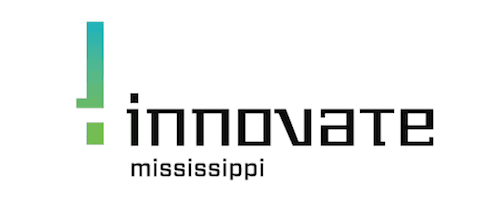 Posted by: Contributing columnist, CLARION LEDGER FEATURE, BUSINESS, July 28, 2016: Last week I wrote about how in the past technology quickened the process of companies outsourcing production overseas and how technology today is providing the data to enable companies to decide to “re-shore” their production. One key element of that choice that is often intangible is how consumers respond to U.S. made products. If price, quality, features and all other factors are held steady, it’s assumed that U.S. consumers would nearly always choose domestically made products, but of course those factors are never held constant and consumers’ desires for U.S. made goods vary widely across various product lines and price points.
Posted by: Contributing columnist, CLARION LEDGER FEATURE, BUSINESS, July 28, 2016: Last week I wrote about how in the past technology quickened the process of companies outsourcing production overseas and how technology today is providing the data to enable companies to decide to “re-shore” their production. One key element of that choice that is often intangible is how consumers respond to U.S. made products. If price, quality, features and all other factors are held steady, it’s assumed that U.S. consumers would nearly always choose domestically made products, but of course those factors are never held constant and consumers’ desires for U.S. made goods vary widely across various product lines and price points.
Fortunately, some retailers have removed some of the uncertainty of that evaluation by providing incentives and programs specifically geared toward attracting U.S. made products. The most visible and active in that effort has been Walmart, which made a pledge to increase its domestic supply of products by $250 billion by 2023. As a part of that pledge, they hold an annual summit to help small U.S. companies understand and begin the process of becoming Walmart suppliers. I had the chance to attend the 2016 U.S. Manufacturing Supplier Summit recently as six Mississippi companies were approved as Walmart suppliers, and I think all have interesting stories to be told.
The six companies, Beck’s Confections of Gulfport; Billy’s Original Foods of Vicksburg; DeerScaping of Ackerman; R2PG of Port Gibson; TheMaxBit of Clinton; and FishGrip (United Plastic Molders) of Jackson, all have unique stories to tell. You may already be wondering why Innovate Mississippi would be involved in these seemingly non-technology companies, though, so I think some background is in order.
While Innovate Mississippi is often described as the “Shark Tank of Mississippi” because of our work with start-ups and connecting them with investors, we also do a lot of work with existing manufacturers through our InnovateMEP Mississippi organization. Through this work, we meet a lot of manufacturers that are looking for new products and through our entrepreneurial development process we meet a lot of inventors who need manufacturing help. The matchmaking process of bringing them together is something we call “Innovation Deployment” and started with a company called The Perfect Bacon Bowl that was produced in Port Gibson and made famous from infomercials in 2013 and 2014.
We now regularly work with companies — mostly inventors, but not always — and connect them to the existing manufacturers who help them prototype and produce their products. That was the case for a couple of the companies that we accompanied to Walmart’s 2016 U.S. Manufacturing Supplier Summit and the others we had worked with in various capacities for the last several years and leading up to the event.
I’m going to talk about each of the companies in much more detail over the next couple of weeks, but for now I’ll jump to the end of the story. Each of the six companies had productive meetings with Walmart buyers and are working on in-store distribution. The good news for all 6 companies — and every company that had pre-qualified for the event — was handed out in very dramatic fashion to kick-off the event. After Walmart CEO, Doug McMillon and Arkansas Governor Asa Hutchinson welcomed the crowd, every supplier there was told that they were all accepted as Walmart.com suppliers! It honestly seemed like it took a long time to sink in, but as everyone figured out that a major goal of theirs for the trip was realized in the first hour, the excitement that hit lasted for the entire day.
Because we focus on innovative products on the front end of each engagement, the 6 companies are all doing something that is either an invention or a proprietary product or process. Some of these may not ever have been seen as “technology” or even “innovation” companies, but they are definitely part of the fabric of the innovation and entrepreneurial start-up community as much as many other companies. I look forward to telling you each of their stories in the coming weeks.
Now that major retailers like Walmart are providing incentives for companies to know that producing products in the U.S. is a valuable — and quantifiable — opportunity, many more companies can now include the benefit of U.S. production in their analysis. That formerly intangible factor of customer preference has now become a tangible benefit as a result of retailers — mostly led by Walmart — pushing to secure U.S. manufactured goods.
